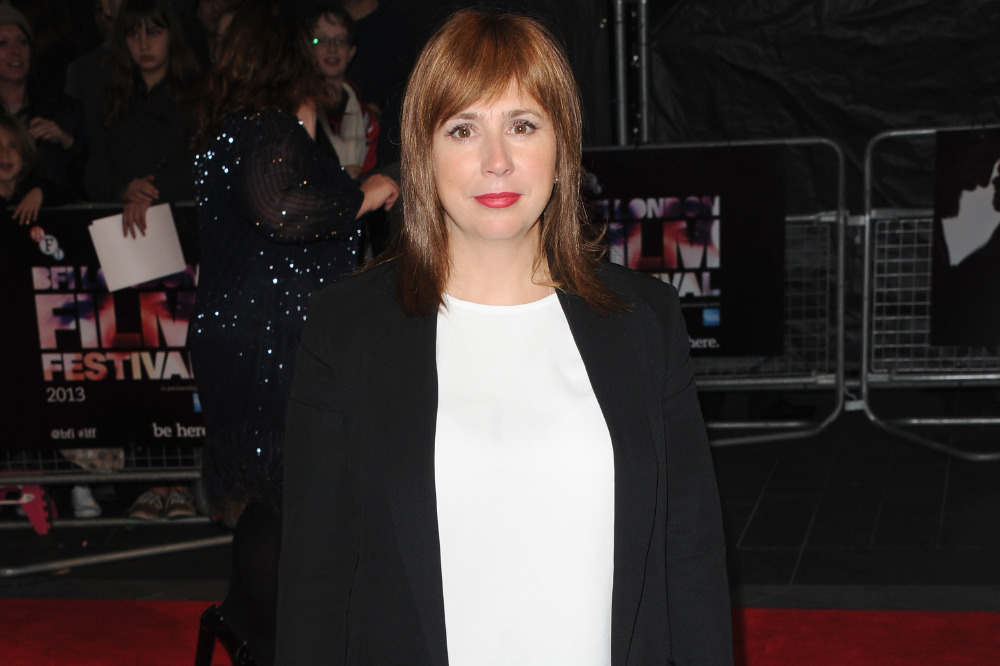
Abi Morgan
Abi Morgan is quickly becoming one of the most talked about screenwriters, finding success in theatre, TV, and film.
She is back this week with The Invisible Woman: a big screen adaptation of the book by Claire Tomalin. To celebrate the release of the film, we take a look at some of her best scripts.
- Brick Lane
She moved into feature films for the first time in 2007, when she adapted Brick Lane for the big screen.
The movie was an adaptation of the bestselling novel of the same name by Monica Ali.
Directed by Sarah Gavron, Brick Lane follows a young girl from Bangladesh who travels to London for an arranged marriage. The movie follows Nazneem as she struggles to adapt to her new life.
Brick Lane is a beautiful adaptation of Monica Ali's novel that focuses on the life of Nazneem, and how the hopes and dreams that she has for her life are shattered.
This is an intimate story, which also deals with wider issues of racial intolerance and cross-cultural conflict. All of this is brought to life by a great central performance from Tannishtha Chatterjee.
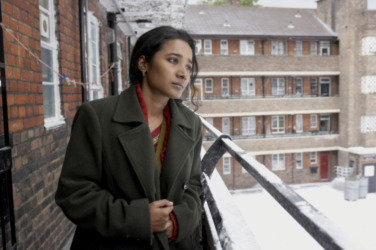
- The Iron Lady
Morgan returned to the big screen work in 2012, with The Iron Lady: a biopic about Margaret Thatcher.
Directed by Phyllida Lloyd, the movie followed the early years of Thatcher's political career, being elected Prime Minster, her marriage to Denis, and her later life.
The Iron Lady is a biopic film, which shows off many sides of the same woman.
While Thatcher was known for her no nonsense tactics and politics Streep portrays her as a woman who really did struggle with her position of power and the daily battles that she faced to be accepted.
The movie is also not afraid to show the turmoil that Thatcher faced during her time as PM: the Poll Tax being the height of her unpopularity. As well as the strained relationship that she had with her children.
Morgan went on to be nominated for a Bafta for her work on the script.
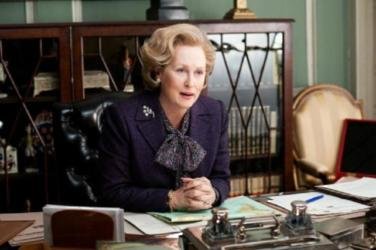
- Shame
Shame was one of the most talked about films of early 2012, as Steve McQueen returned to the director's chair.
Morgan teamed up with McQueen to pen the screenplay for the drama, which starred Michael Fassbender and Carey Mulligan.
Shame follows Brandon (Fassbender), a 30-something man living in New York who is unable to manage his sex life.
After his wayward younger sister (Mulligan) moves into his apartment, Brandon’s world spirals out of control.
McQueen is a filmmaker who is not afraid to tackle taboo subjects, and together he and Morgan plunged us into a world of addiction.
It is an incredibly unsettling, powerful and yet elegant character study; the script is really brought alive by an incredible central performance from Fassbender.
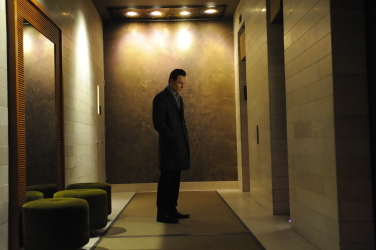
- The Invisible Woman
In Invisible Woman is Morgan's latest film project as she has adapted the book The Invisible Woman: The Story of Nelly
Ternan and Charles Dickens by Claire Tomalin.
Directed by Ralph Fiennes, The Invisible Woman focuses on the secret relationship that Charles Dickens had with young woman Nelly Ternan. The secret affair started at the height of his career, and carried on until his death.
The Invisible Woman is a movie that is as much about pain and regret as it is about love, and Morgan has adapted the book in such a graceful and powerful way.
Fiennes takes on the role of Dickens in the movie, while Felicity Jones is on board as Nelly. Together they have wonderful chemistry that helps bring the story to life.
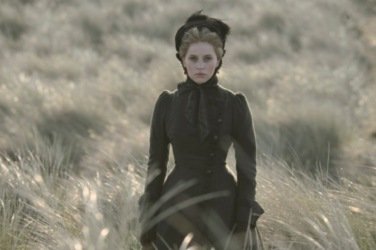
- The Hour
Mogan has also worked extensively in television as well as in film, and The Hour is one of her biggest successes.
The drama series centred on a new current-affairs show being launched by the BBC in June 1956, and was created and written by Morgan.
The Hour ran for two series and starred Ben Whishaw, Dominic West and Romola Garai, and was a huge critical success.
From start to finish, The Hour really was gripping TV, as Morgan produced an engaging story that was filled in interesting and complex characters.
Morgan went on to win an Emmy for Outstanding Writing for a Miniseries, Movie or a Dramatic Special.
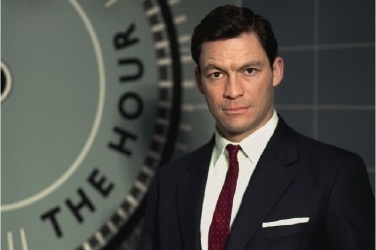
The Invisible Woman is out now in London and released nationwide 21st February.
Tagged in Shame

